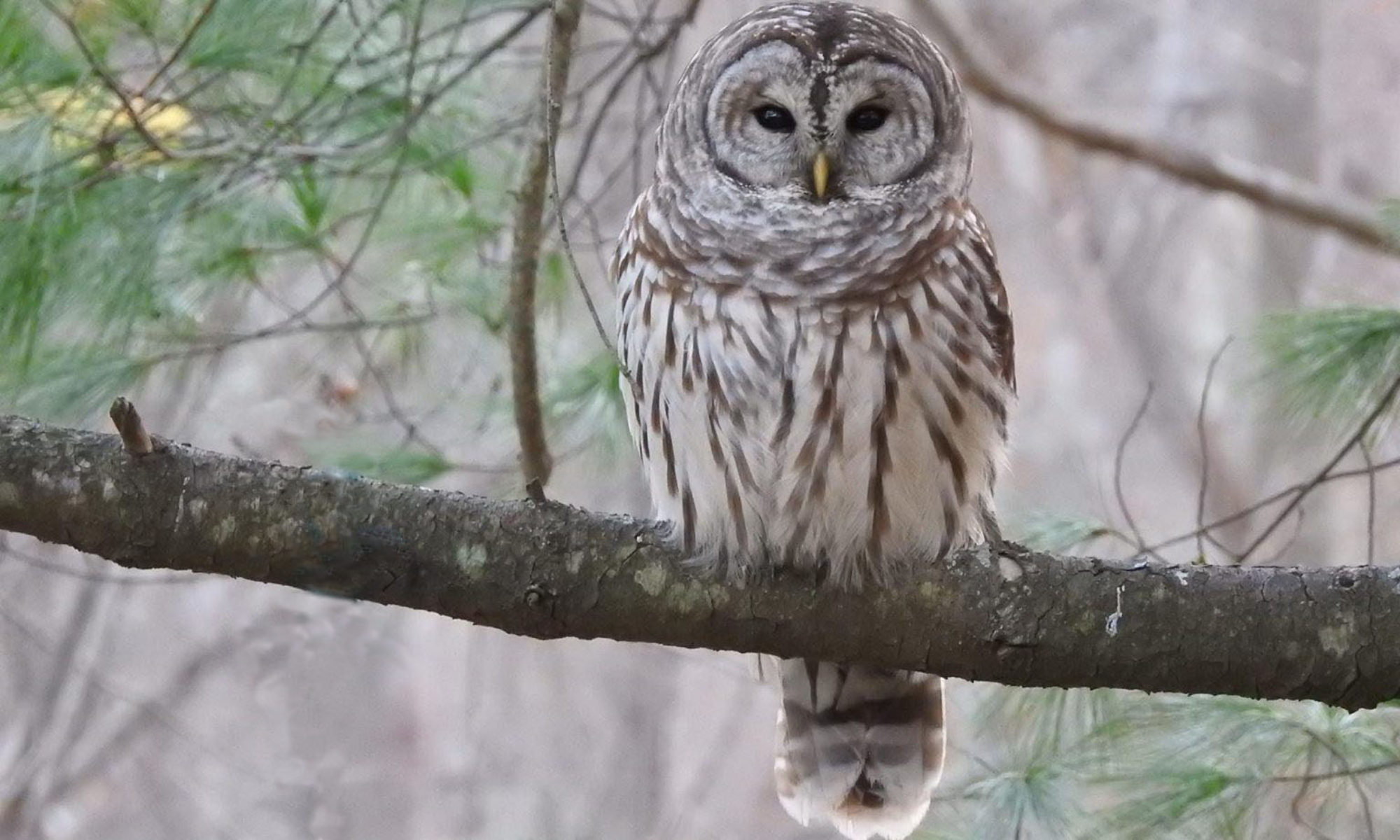
A Yellow-breasted Chat shows up in my local patch, one of the few birders who occasionally comes through the area, maybe to follow up on some Pintails I reported, posts the sighting to the regional birding listserv, and now people are coming out of the woodwork to see it. What was once a quiet backwater is, well, mostly still a quiet backwater, but there are strange visitors with big telephoto lenses and expensive bins and hybrid vehicles here now. A few of them look like they are going to tip over testing the near focus of those lopsided cameras on a patch of brambles just feet away.
It’s not serious–this is not a Painted Bunting, Black Hawk, or some flavor of western flycatcher, and I have to tell myself to take a deep breath. Most of these people will soon leave, having bumped the number of hotspot contributors a bit, but not ruining anything by their transient presence. On the contrary, it is good for birders (or bird-watchers, some of these people are definitely bird-watchers) to visit “my” hotspot, in so far as it justifies keeping it on the books as a (lazy backwater but still addressable) “hotspot.” Call it a “lukewarmspot.”
Still, it’s hard to share once you’ve found a little bit of refuge. Narcissistically, it’s easy to appropriate a place as one’s own, to come to think of a place as “your” place. In fact, it’s natural to do so and is ingrained in our western, or at least US, cultural norms and land use laws. I’m not just talking about western ranchers running roughshod over the national forests, refusing to pay grazing fees and occupying NWRs (although there we have a glaring example of one group “loving a resource to death” at the expense of all others, claiming special usage rights to what is seen by them as otherwise unproductive land.) One needs only look to the various state laws establishing easements and “squatter’s rights,” or adverse possession, to see the bias for “the full use of the land.” The slippery slope from “discovery” to “ownership” is front and center in our impulse to plant the flag, to colonize, to assert the superiority of our activities, ignoring the claims of others, even those who came before. As to a hammer everything is a nail, we are biased, prone to define “full use” as the way we personally, individually view the land.
So sharing is hard by nature, and sharing is a double-edged sword: public lands, even local lands like this town forest, especially local lands like this town forest, need advocates to fight for their utility as open space. Pragmatically, that means sharing: welcoming a diverse set of users such as hikers and strollers, people walking their kids and their dogs, joggers, maybe even a few birders. The back-cutting edge of the sword is the risk that “your” place will be loved to death: dogs running amok off-leash; kids leaving painted rocks everywhere, screaming as they go as if intentionally to scare away as many birds as possible; mountain bikers ripping through the woods.
There’s the rub: thanks for visiting, but get off my lawn!
